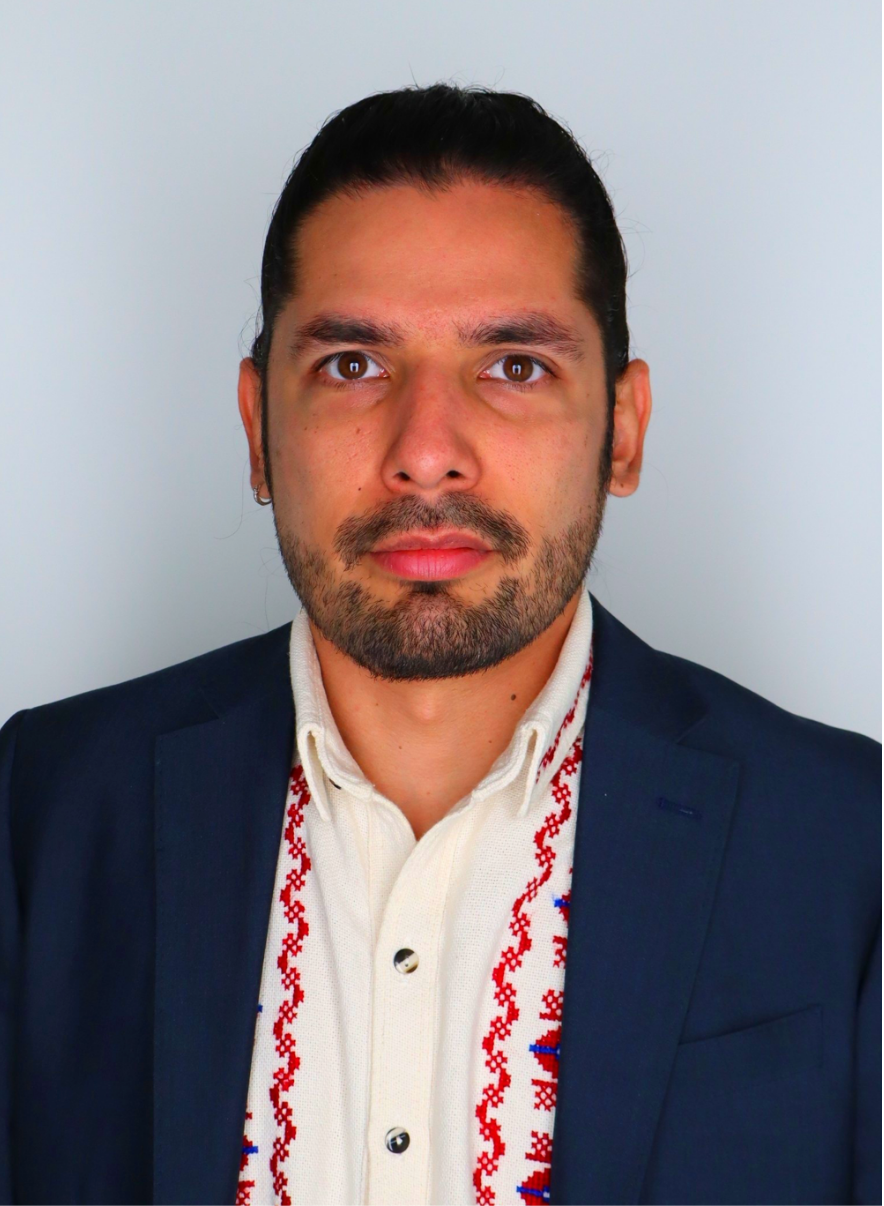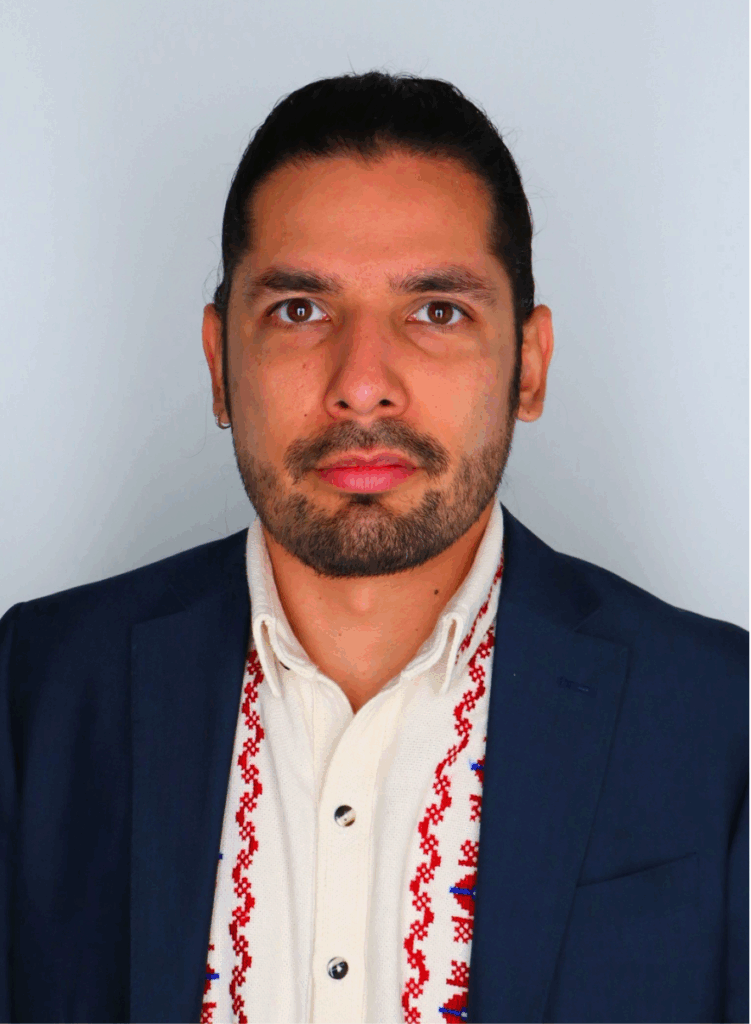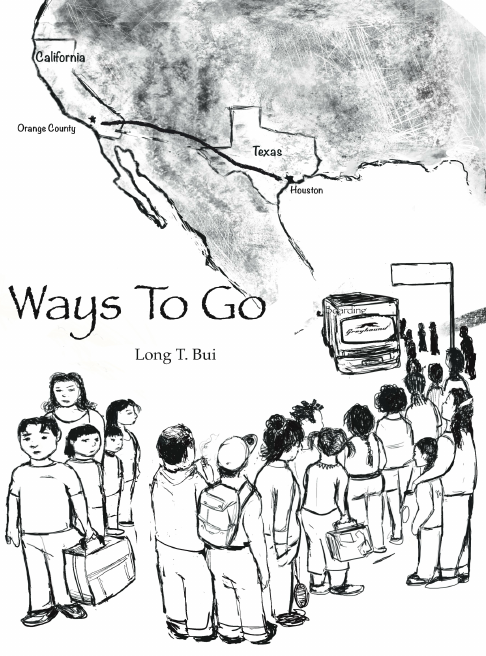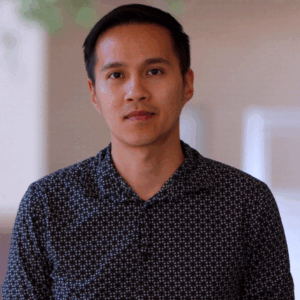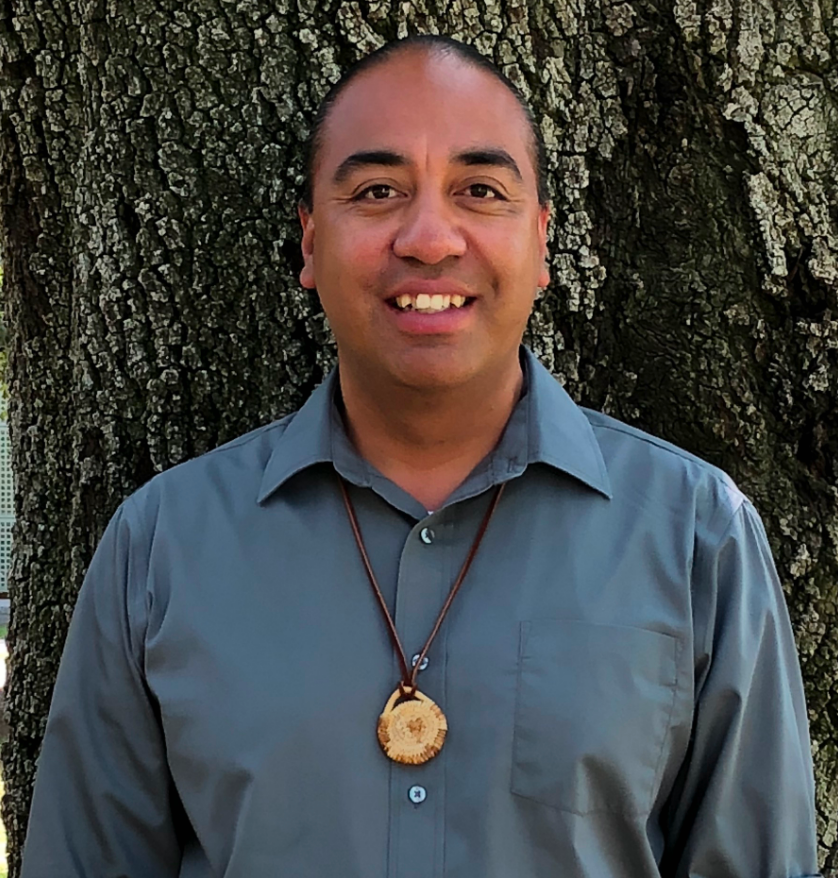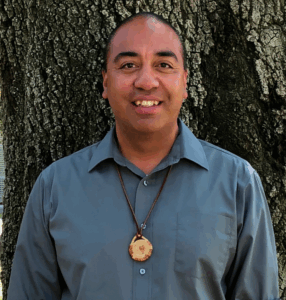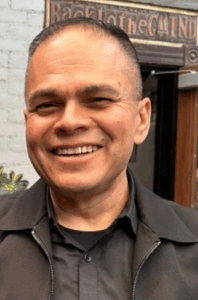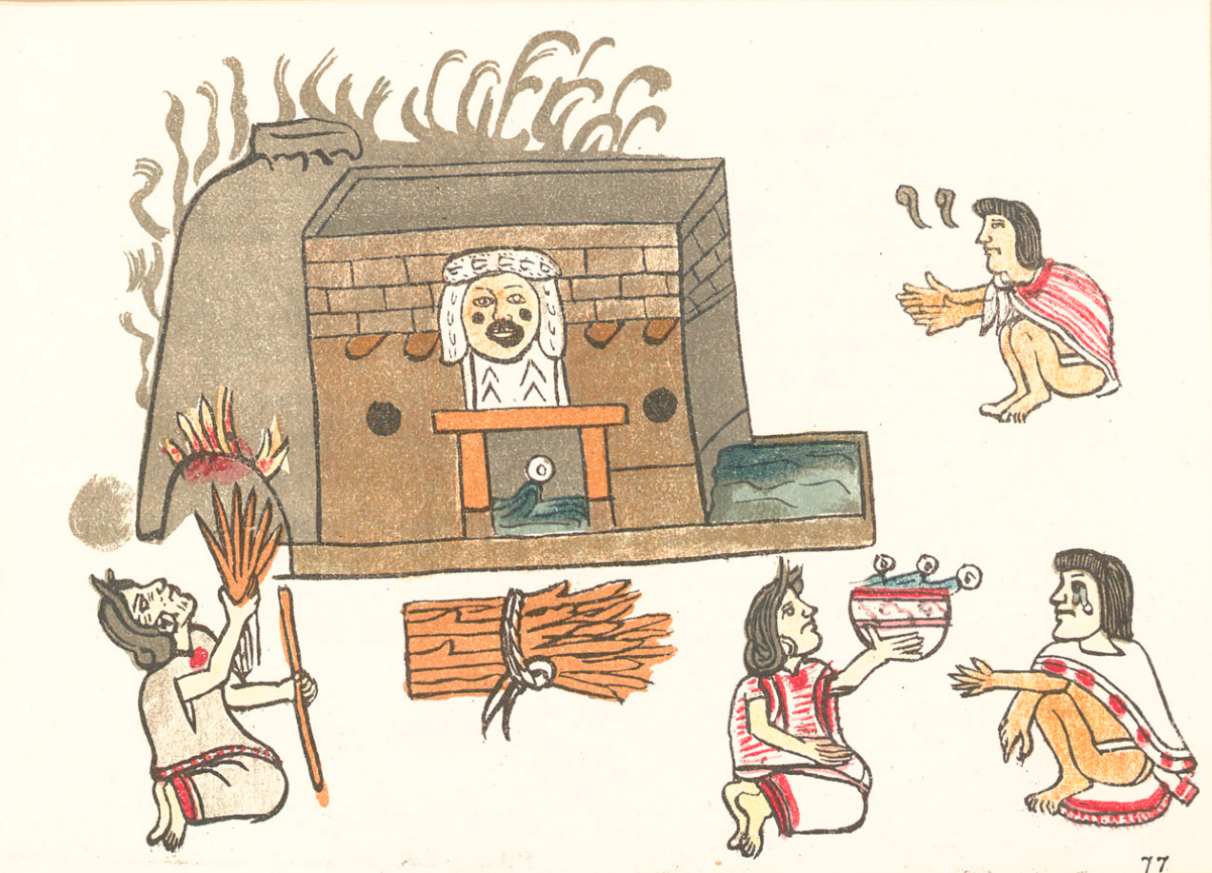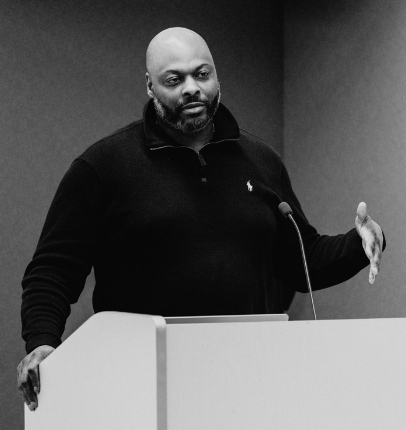Join the UCR Department of Ethnic Studies for our colloquium speaker series
Monday, January 26, 2026
1:00-2:00 p.m.
CHASS INTS 1111
Based on close readings of a queer Native Hawaiian ‘zine and LGBTQ+ travel writing about Hawaiʻi, this talk develops the concept of “māhū pedagogies” to argue that while settler homonationalist tourism narratives enact cultural prostitution by figuring Hawaiʻi as a “queer paradise” absent of Native resurgence, māhū and queer Indigenous cultural workers refuse colonial narratives by centering queer Indigenous relationalities that generate decolonial futures.
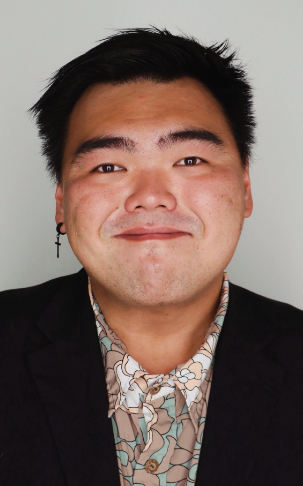 |
Dr. Pōmaikaʻi Gushiken, is a Kanaka ʻŌiwi and Uchinānchu educator and researcher from Nānākuli, Hawaiʻi. Currently a UC Chancellor’s Postdoctoral Fellow at UCLA, he holds a Ph.D. in Ethnic Studies from UC San Diego.
His research focuses on decolonization, queer Indigenous futurity, and the intersections of pedagogy, refusal, and ea in Hawaiʻi. |

